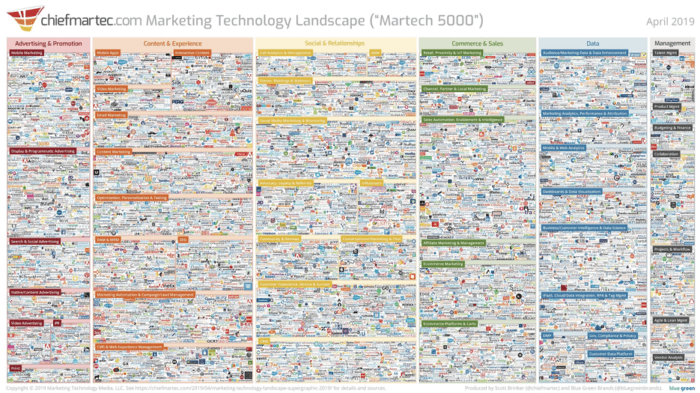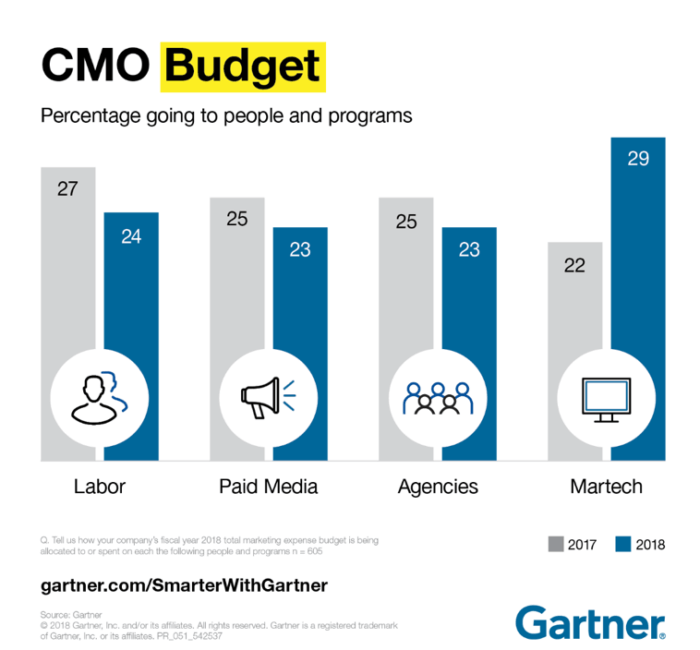A five-step plan to marketing productivity
One of the recurring observations I’ve found in all the different roles and organizations in which I’ve worked is the inconsistency of marketing planning. In some companies, planning was conducted on an ad hoc basis, whilst in others, there was no discernable plan at all! As an idealistic marketing graduate coming into the workforce this came as a surprise: how can marketers operate effectively in the absence of a joined-up, integrated plan?
Download our Individual Member Resource – Digital marketing planning spreadsheet
This Microsoft Excel spreadsheet has been created to help you create a clearer acquisition plan to improve leads and sales.
Access the Digital marketing planning spreadsheet
Many years on and I’ve come to understand that the reality is that marketing planning is difficult and not everyone knows how to do it properly. They may also lack the time and space to put something together. In larger organizations, the complexity of different departments with competing agendas can make marketing planning even more difficult. However, whilst these challenges are valid, there is no excuse for not having a plan and the costs and consequences are profound:
- Uncoordinated strategy
- Lack of clear measurement
- Poor budget management
- Inconsistent brand messaging and creative
- Reduced productivity
The last item on this list is something I’d like to focus on in more detail. Whilst poor budget management and inconsistent branding are fairly obvious consequences of bad planning, productivity is often overlooked. Yet without a solid plan, marketing risks unfulfilled potential.
Plan with efficiency in mind
A failure to plan creates waste across the organization. Without a clear sense of direction, teams and departments may end up working independently to fill a vacuum and this risks duplication, stress and frustration.
From a more technical perspective, a lack of planning limits a business’s ability to organize and coordinate technology. The 2019 Marketing Technology Landscape Supergraphic shows that there are now over 7,040 martech solutions at our disposal. How can a company manage, merge and coordinate multiple martech tools without an aligned understanding as to how they fit together?

In addition to this, a 2018 Gartner study revealed that nearly 1/3 of CMO budgets are allocated to marketing technology. Up from 22% in 2017, technology accounted for 29% of the total marketing expense budget in 2018, making martech the single largest area of investment when it comes to marketing resources and programmes:

A recent survey of directors, CEOs and senior executives found that digital transformation risk is their number one concern in 2019. Yet 70% of all digital transformation initiatives do not reach their goals. One of the primary reasons is because leaders lack the right mind-set to change and do not have a clear, coherent plan.
Five steps to marketing productivity
Without proper planning, marketing will be subject to the costly challenges cited above. However, for those looking to optimize their marketing productivity, here are five steps to consider:
Set benchmarks
Setting benchmarks involves taking stock of the wider market and articulating measurable goals and objectives. Effective benchmarking enables marketers to define success, including realistic timeframes, and build a strategy. Benchmarking ensures that progress can be monitored that leaders can use to manage their teams and resources.
Look for cross-functional synergies
A good marketing plan should take into consideration the needs and requirements of teams throughout the organization. Working independently - in silos - creates inefficiencies and confusion. For example, if a brand or advertising team plan a flagship above-the-line promotional campaign but do not align with the PR team, they risk mixed messages that do not ladder up to the core brand purpose.
Developing cross-functional teams helps coordinate marketing initiatives collaboratively. It enables leaders to reach alignment and build teams with a common goal and vision. This reduces the risk of duplication and frustration across different teams.
Focus on efficiency and strategic priorities
A year into their jobs, how many employees still have the energy and enthusiasm that they first brought with them when they started?
Unfortunately, the novelty of a new role can diminish and this causes problems for both the company and individual. Unproductive routines, corporate bureaucracy and red tape can kill ambition and sap energy. The result is a demoralized workforce and a waste for companies, which need the full energy and commitment of their staff.
Leaders must, therefore, ensure there is a clear focus on the company’s strategic priorities and build a plan around what inspires and motivates their team. In addition to this, there should be a clear focus on ways of working in order to drive efficiencies and get the most from their people.
Reuse/ recycle brand assets
It’s not uncommon to find marketing teams deliberately or accidentally duplicating marketing assets. This is particularly true in a larger organization where different teams do not communicate and consider what has been created before that can be recycled as part of a new campaign or marketing programme.
‘Wearout’, for example, occurs when an advertising campaign loses its effectiveness after repeated exposure. However, genuine wear out of individual ads and campaigns is rare, meaning there is ample opportunity to reuse and recycle content. Marketing plans should take this into consideration and encourage teams to share, recycle and reuse brand assets wherever possible.
Manage team performance
Good management is one of the most important cornerstones of an effective team. And effective teams, focused on a clear plan, have been proven to be more productive.
Research from Gallup’s State of the American Workplace report found that engaged teams deliver positive results. In fact, these teams see improvements over their less-motivated counterparts in the following areas:
- 17% higher productivity overall
- 10% higher customer satisfaction
- 20% higher sales
- 21% higher profitability
- 41% reduction in absenteeism
However, good management is not easy and must be prioritized by organizations who are serious about improving effectiveness and productivity. There needs to be an organizational culture and support for the key traits of good managers. According to an earlier study from Gallup, great managers have the following talents:
- They motivate every single employee to take action and engage employees with a compelling mission and vision.
- They have the assertiveness to drive outcomes and the ability to overcome adversity and resistance.
- They create a culture of clear accountability.
- They build relationships that create trust, open dialogue, and full transparency.
- They make decisions based on productivity, not politics.
Conclusion
A clear, joined-up marketing plan is essential for productivity. A plan gathers, aligns and activates people and resources around the right collective goals. Yet for companies without a marketing plan they risk the ten problems Dave Chaffey outlined in January in his post on digital marketing strategy:
- You’ll be directionless
- You won't know your audience or market share
- Existing and start-up competitors will gain market share
- You won’t have a powerful value proposition
- You won’t know your customers well enough
- You're not integrated
- You won’t have enough people/ budget
- You're wasting money and time through duplication
- You're not agile enough to catch up or stay ahead
- You're not optimizing
All of the problems above impact a company’s ability to be productive because they will be thrashing around from one day to the next chasing different targets. A marketing plan, on the other hand, will help establish a culture, way of working and vision to reach an aligned set of objectives.









